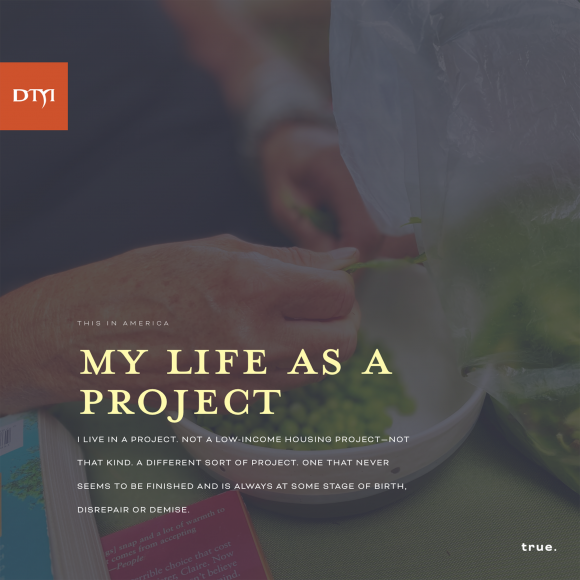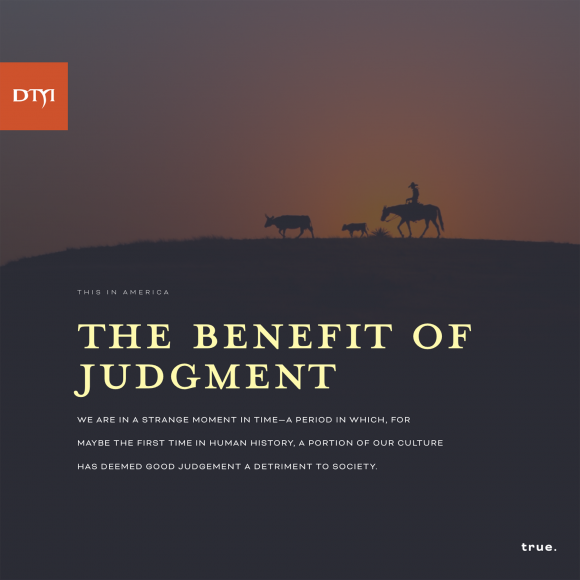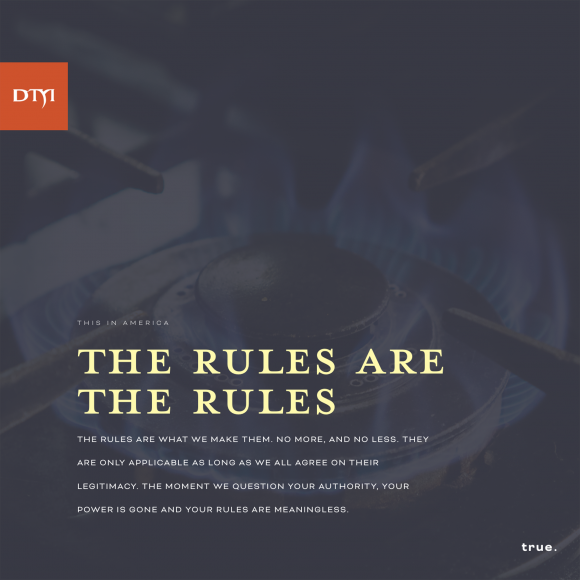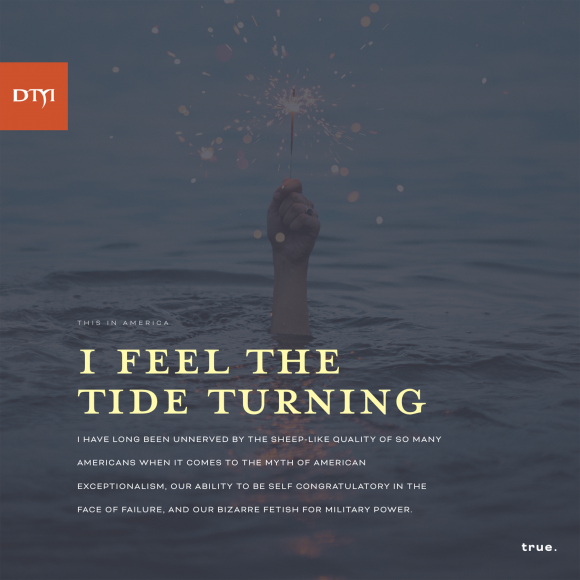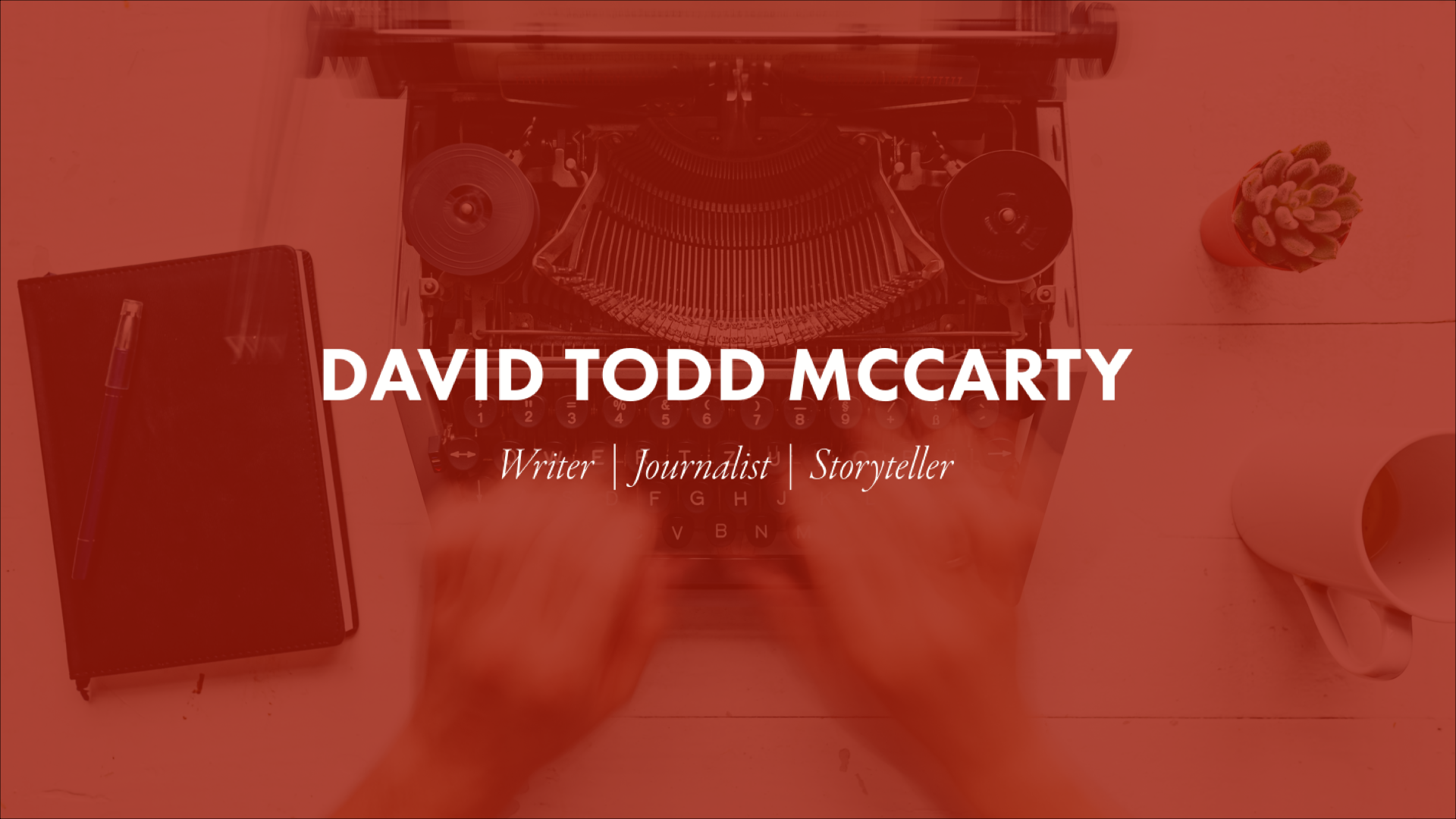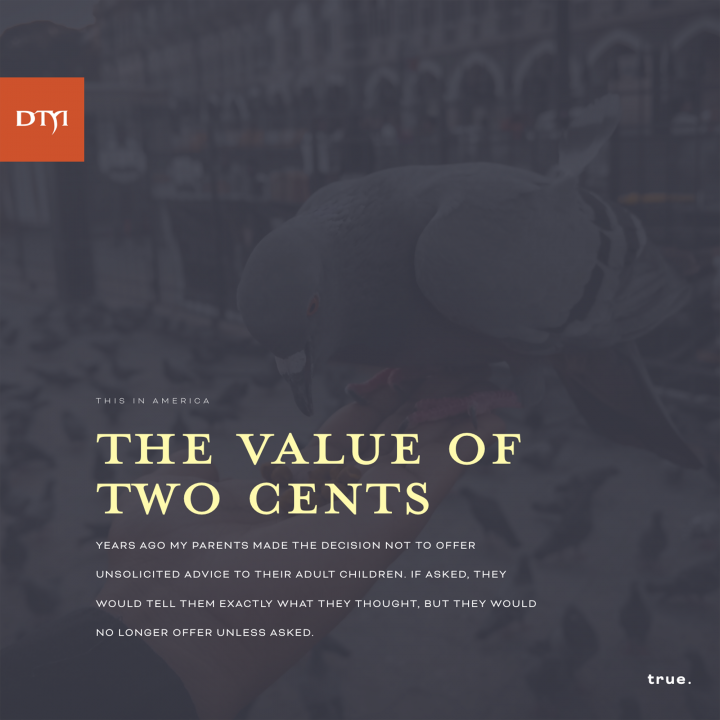
Years ago my parents made the decision not to offer unsolicited advice to their adult children. If asked, they would tell them exactly what they thought, but they would no longer offer unless asked. It seemed like a pretty wise approach to me at the time. I believe this was largely a decision that my father made, but my mother seems to have gone along it with for all the right reasons.
I’m not sure if I have a hard and fast rule, but I generally try to do the same thing. I don’t think my wife shares this theory of parenting, but since she talks to all three kids on regular basis, some of them multiple times a day, I don’t know if it’s possible to have such a rule. Who’s to say what is advice and what is a passing comment in the course of a conversation? They are all quite close and enjoy relationships that are closer to friends than mere relations. I’m a bit more absentee. I show up to birthday parties and help take care of the grands when they stop by.
Our three adult children who range in age from 29 to 35 are my step-children, and even though I’ve known them since they were 3, 7 and 9, I’m not their father. I’ve been a constant presence for most of their lives, but it’s still different. The two older girls are married with children and don’t seem to ever need my advice. They ask their mother. The youngest, the boy wonder, is more likely to ask me, but rarely heeds my advice. That comes with the territory of being a parent. Sometimes we just need someone we trust to bounce things off of, but then we trust our own counsel and do what we want. You have to be okay with that. Sometimes I am, and sometimes I’m not.
I wrote a piece not long ago about my overall lack of interest in other people’s unsolicited advice, which on a platform such as this, is most everyone and most everything. It’s sort of the point of the entire exercise. The democratization of expertise, where everyone has an opinion they feel is valid, warranted and informed. There are no gatekeepers. Everyone is free to dispense advice, offer suggestions and critical reviews, explore outlandish theories and denounce everything they find objectionable.
In marketing, it’s taken as a given that the recommendation of a trusted friend far outweighs the value of any claim made by the brand itself. If I tell you that Yeti is a quality product, that will likely carry more weight with you than an ad from Yeti, telling you it’s a quality product. What else are they going to say? Equally, if it tell you that Yeti is overpriced, well-branded nonsense, you are more likely to believe me, than the knock off being pitched by Amazon. In truth, I come down somewhere in the middle. Yeti is an affordable luxury, a premium brand. You could no doubt buy a comparable alternative for less, but it’s fun, harmless and well made, and I like the company.
So what is the real value of unsolicited advice on social media? How much weight do we really give to the thoughts, whims and opinions of those on our feed? More than we care to admit I’d venture. This is why we’re so easy to manipulate by hackers, bots and artificial intelligence.
The algorithms employed to keep us engaged are particularly effective at reinforcing our inclinations, meaning they don’t challenge us but rather reward us for our own beliefs, no matter how outlandish.
If you believe that honey will cure your seasonal allergies, you will soon enough be rewarded with an onslaught of information in the form of stories, studies, videos, personal testimony and dubious scientific papers, all of which will support your otherwise baseless theory that since honey is made from some sort of pollen, putting some on your pancakes or in your tea will keep you from being allergic to your neighbor’s magnolia tree and your sister’s angry little Pekinese named Chuck.
My attitude towards unsolicited advice from others has not in any way restricted me from dispensing my own to any and all who will listen but I don’t usually make it personal. I try not to comment to often on other people’s posts. I try never to offer unsolicited advice to a single individual on a particular topic. If asked, I will say what I think. One good thing about me, if you’re looking for that sort of things, is that I have no shortage of opinions on just about any subject. As we say in my family, “often wrong, but never in doubt.”
I tend towards proclamations instead. I write what I think about a subject and you’re welcome to take some, all or nothing from that. I talk about what I want to talk about and if that amuses you, you’re welcome to come along on the ride with me.
All that said, I think it’s a good policy to avoid giving unsolicited advice online.
That’s not going to be controversial statement, but I’d like to take it a step further and not offer to correct anyone. This will not be as easy.
When I look back at my childhood I’m surprised and a little amazed how little we were corrected for mundane ideas, theories and postulations. We were listened to and encouraged. Told what we were doing was good. It couldn’t have all been that good. But what’s the harm? What is the value of correcting everything?
I used to work for a man who lied so compulsively that I learned if I didn’t challenge him, it would become fact before long. I was forced to confront him and argue for my own self preservation, on a nearly daily basis. It became a problem. I was accused of being argumentative.
So I have, at times, felt the need to correct bad information on social media, lest it fester and grow. But why does that need to my job? I’m not in charge of your misinformation.
As a general rule, I try not to challenge anyone on their own post. If you want to argue with me on my own post, all bets are off, but as I’ve said before, I write pretty long missives and I’ve usually made the relevant points I wanted to make and don’t feel the need to defend myself or debate you.
What I tend to do instead, is to write my own post and not involve the other person. I do this for their benefit. I don’t need to call anyone out. I make my own points, based on things I believe, and I don’t need to drag anyone else into it.
We used to say we would offer our two cents, which meant we were throwing in fairly meaningless opinion, usually unsolicited. This dates to the late 19th century and is a British reference to two-pennyworth, or tuppence. Tuppence was the amount the old bird lady called for in Mary Poppins.
“Early each day to the steps of Saint Paul’s, the little old bird woman comes in her own special way to the people she calls, “Come, buy my bags full of crumbs.” Come feed the little birds, show them you care and you’ll be glad if you do. Their young ones are hungry, their nests are so bare. All it takes is tuppence from you.”
So what’s the value of our two cents? It depends. Are you a wealthy banker, a homeless woman, or a hungry young bird?
Tuppence.


